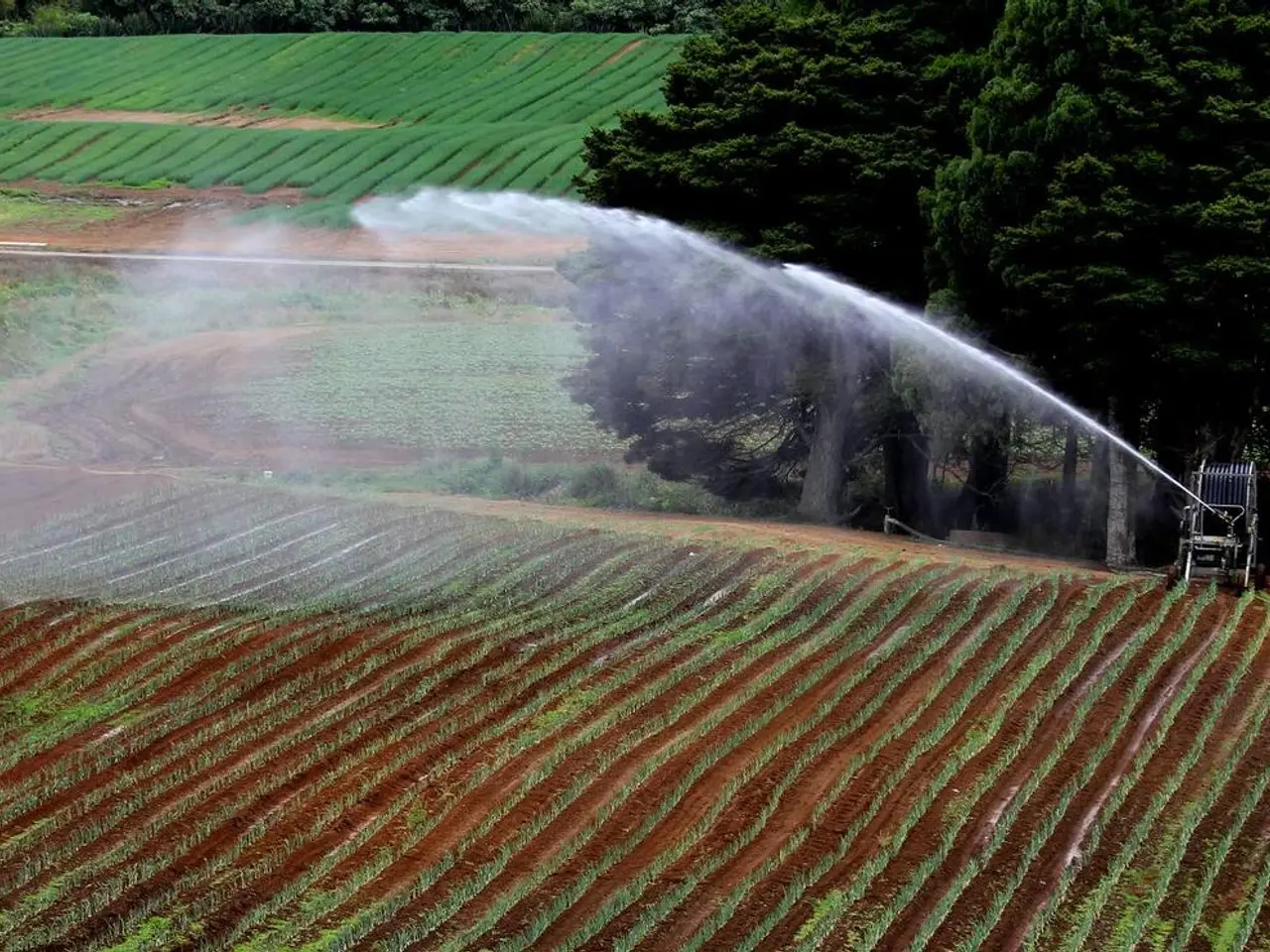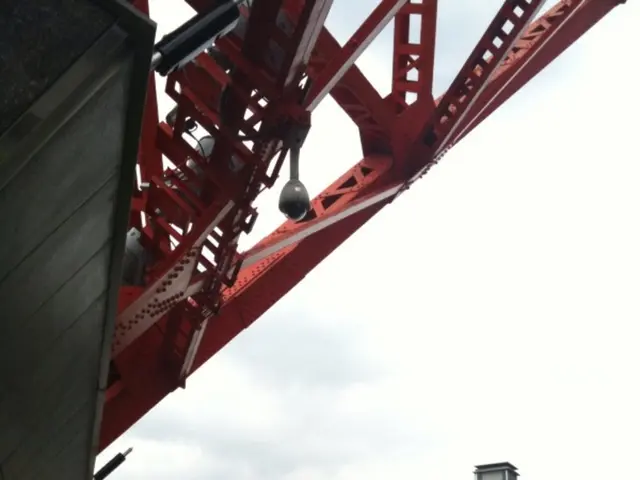The effects of artificial intelligence on conventional sectors in India: Prospects and objections
In a bold stride towards progress, the Indian government and private sector are collaborating to digitally transform various sectors, with agriculture, logistics, and manufacturing at the forefront.
The focus is on leveraging Artificial Intelligence (AI) and Internet of Things (IoT) technologies to enhance productivity, efficiency, and decision-making. In agriculture, AI-enabled farming tools are being promoted to forecast weather, analyse soil, and detect pests, improving rural efficiency. Simultaneously, efforts are underway to expand telemedicine with AI integration, enhancing healthcare access in remote rural regions through remote monitoring and advanced diagnostics.
A crucial aspect of this digital transformation is ensuring high-quality data access with robust privacy protections, particularly for sectors like agriculture that heavily rely on data. Predictive maintenance, powered by AI, analyses historical data to predict equipment failures before they happen, reducing downtime and maintenance costs.
AI is also transforming logistics in India, building smarter, more efficient supply chains. AI-powered route optimization systems suggest optimal routes, reducing delivery times and fuel consumption. AI-driven robotics and automation in warehouses improve sorting, picking, and packing, increasing operational efficiency.
In the manufacturing sector, AI-driven supply chain optimization improves demand forecasting, inventory management, and supplier coordination. Machine learning algorithms enable crop yield prediction, reducing post-harvest losses, and AI enhances inventory management, helping companies track stock levels accurately, predict demand, and manage resources more effectively.
The AI revolution in traditional industries creates a demand for a workforce skilled in data science, machine learning, and digital tools. To address this, initiatives are being taken to improve digital literacy and make tools accessible to smaller farms. Government incentives for small and medium enterprises (SMEs) could lower the barrier for AI adoption, helping them afford setup costs.
However, India faces a substantial skills gap, particularly in semi-urban and rural regions. A focused effort is required to reskill and upskill the existing workforce. Strong policy support and infrastructural investments are needed to enable traditional industries in India to benefit fully from AI.
AI technologies such as computer vision improve quality control by detecting minor defects that might otherwise go unnoticed. AI-powered precision farming tools help monitor crop health, soil quality, and water usage. These advancements offer tools to boost productivity, streamline operations, and meet future economic demands.
Through targeted policies, public-private collaborations, and widespread workforce training, India can harness AI to secure a competitive advantage on the global stage, driving sustainable and inclusive growth. The AI revolution is indeed reshaping India, offering a transformative opportunity for its traditional industries to thrive in the 21st century.
Read also:
- Elon Musk Acquires 26,400 Megawatt Gas Turbines for Powering His AI Project, Overlooks Necessary Permits for Operation!
- U Power's strategic collaborator UNEX EV has inked a Letter of Intent with Didi Mobility to deploy UOTTA(TM) battery-swapping electric vehicles in Mexico.
- Commercial-grade hydrogen enhancement systems manufacturing initiated by H2i Technology
- Toyota strikes a deal in Shanghai for a solely owned Lexus electric vehicle production plant.







